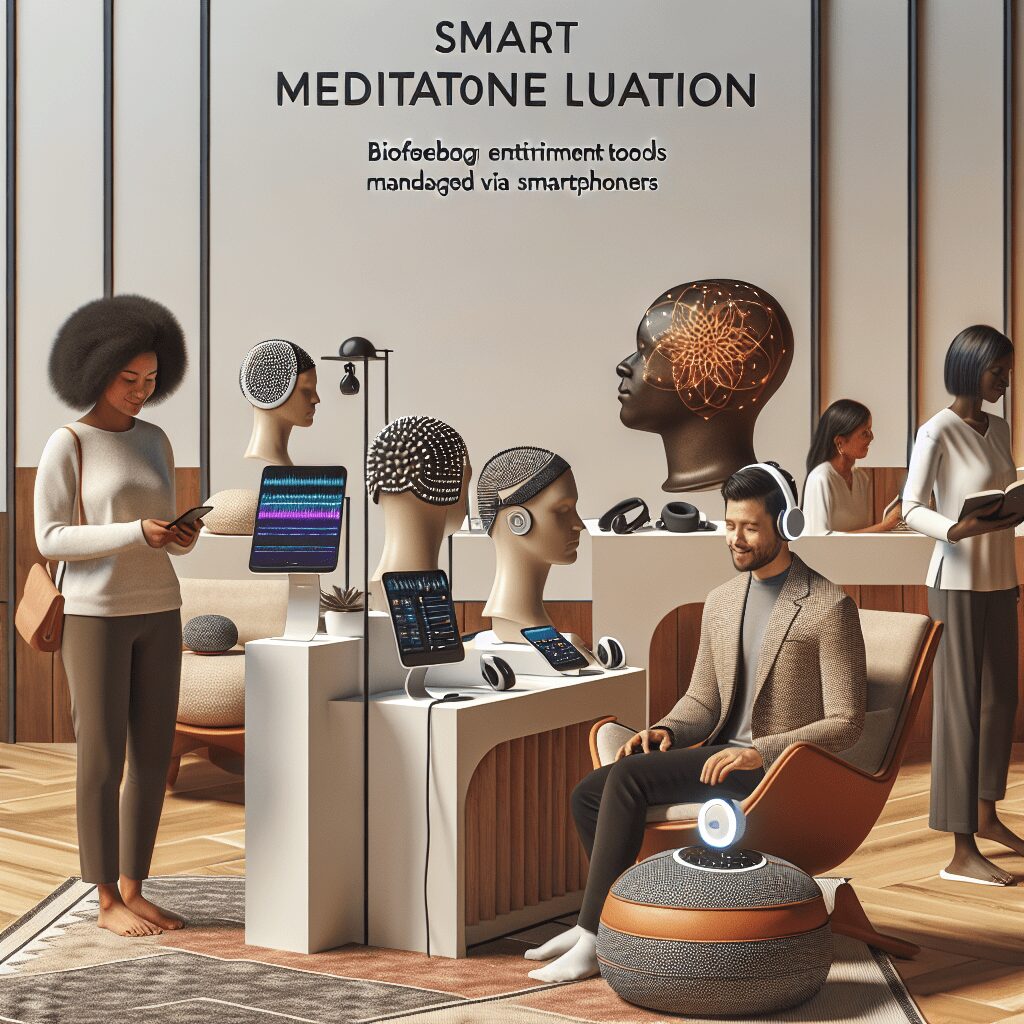
Prioritize your mental well-being daily. Enhance your life by nurturing your mental health with the Smart Meditation app. Break free from stress, alleviate anxiety, and enhance your sleep quality starting today.
Can Effexor Cause Anxiety?
The Complex Relationship Between Effexor and Anxiety
Navigating the realm of antidepressants can feel akin to journeying through a labyrinth, where each turn presents a new question about the effects of such medications on mental health. Among these, Venlafaxine, known by its brand name Effexor, stands out. Primarily prescribed to combat major depressive disorder, generalized anxiety disorder, panic disorder, and social phobia, Effexor’s role in the treatment of anxiety is a topic of rich conversation among healthcare professionals and patients alike. However, a perplexing paradox exists: can a medication designed to alleviate anxiety paradoxically induce it?
Understanding Effexor: The Mechanism Unveiled
At its core, Effexor functions by tweaking the levels of neurotransmitters in the brain—specifically serotonin and norepinephrine. Think of it as a fine-tuning process; by adjusting these chemical messengers, the drug aims to lift the fog of depression and quell the fires of anxiety. Yet, it’s not all smooth sailing. The early days of Effexor treatment may indeed stir the pot, potentially heightening anxiety levels before the calming waters settle.
The Initial Hurdle: Anxiety’s Temporary Spike
Here’s the rub: when first introducing Effexor into your system, the body might throw a bit of a fit. It’s akin to moving into a new house and having to figure out where everything goes—there’s bound to be some chaos before order is restored. During this adjustment phase, some individuals report an uptick in anxiety symptoms, a rather unwelcome guest when you’re aiming for the opposite effect. However, this is often a temporary glitch in the matrix; as the body acclimates to the medication, this heightened anxiety tends to diminish, paving the way for the desired tranquility.
A Closer Look: Different Strokes for Different Folks
But here’s the kicker: not everyone’s journey with Effexor will mirror the next person’s. The human body is a wonderfully complex machine, and just like our tastes in food or music differ, so does our reaction to medication. Some may find Effexor to be the missing puzzle piece in their mental health regimen, while others might feel as though they’ve drawn the short straw, with anxiety clinging on longer than welcomed.
Charting Your Course: Navigating Effexor’s Waters
If you’re considering Effexor or already on board, keeping a few nuggets of wisdom in your pocket can make all the difference:
- Open Dialogue: Chatting with your healthcare provider is key. Don’t hold back—share your experiences, concerns, and any side effects you’re encountering. It’s a team effort, after all.
- Patience is a Virtue: Giving the body time to adjust to Effexor is crucial. Rome wasn’t built in a day, and similarly, finding the right balance with medication may take time.
- Stay the Course, But Be Ready to Pivot: While perseverance is important, so is acknowledging when something isn’t working. If Effexor and you aren’t quite meshing, alternatives exist, and your healthcare provider can guide you through these options.
In conclusion, while Effexor has the potential to cause an initial increase in anxiety for some, this is not a one-size-fits-all outcome. The journey with Effexor, as with any medication, is deeply personal and requires a tailored approach. By keeping the lines of communication open with your healthcare provider and maintaining a level of patience, navigating the waters of Effexor and anxiety can lead to a smoother voyage towards better mental health.





